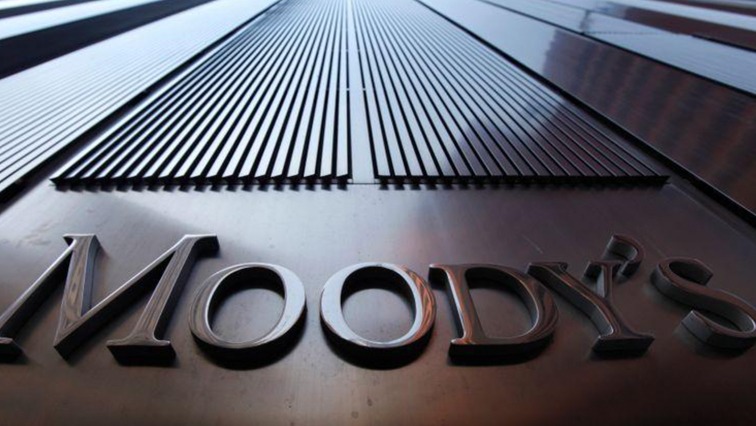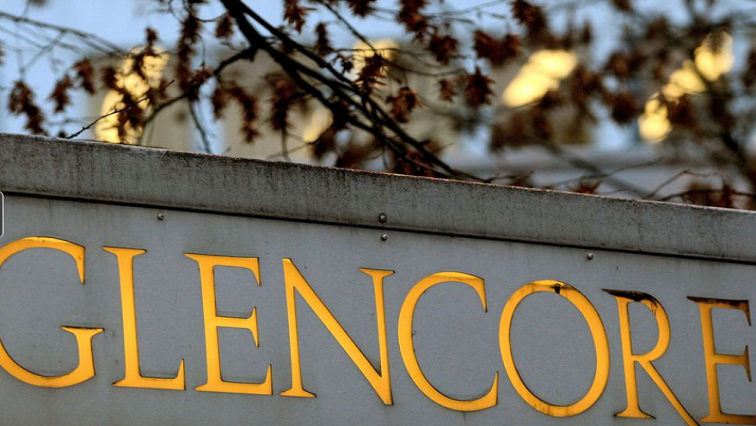Kenyas stock market has staged a spectacular recovery in the past few months, rallying around 16% in the first quarter of the year amid improving macroeconomic fundamentals and positive market sentiment.
The Nairobi Securities Exchange (NSE) has witnessed remarkable growth in its equity market, evidenced by the surge in market capitalisation from Sh1.43 trillion at the onset of 2024 to Sh1.76 trillion [$13bn] in March 2024, marking a substantial 22.97% increase in investor wealth, says Kiprono Kittony, chairman of the NSE.
Speaking to African Business from Nairobi, Kittony notes that the prevailing bull run is a welcome development for many stock market investors in the country. These have had to begrudgingly endure several years of lacklustre returns.
Over the last two years performance of listed securities at the NSE came under significant due to various macro-economic developments, both locally and internationally. Protracted global inflation and the subsequent rise in interest rates in developed markets led to significant capital reallocation from frontier markets such as Kenya to global markets.
The economic policies pursued by President William Ruto such as raising taxes, cutting the fiscal deficit, taming inflation, refinancing a maturing Eurobond and stabilising the exchange rate have been credited with enthusing the investors who are flocking back to the NSE.
Emily Fletcher, co-manager of the BlackRock Frontiers Investment Trust, said Kenyas improved macroeconomic outlook and the countrys political stability had boosted the markets pull. The Trust owns shares in listed Kenyan bank Equity Group, according to data from Bloomberg.
With a stable political backdrop, improving macroeconomic outlook and a stock market trading on five times PE, perhaps it is time for investors to relook at the market, Fletcher told Bloomberg.
The positive outlook from BlackRock, the worlds largest asset manager, has boosted market sentiment, according to Kittony. He also credits the markets resurgence to the reforms undertaken to make the countrys financial system more accessible to foreign investors, including fixing issues with the repatriation of capital.
Boost for privatisation driveA rising stock market could help unlock the flurry of new listings promised by President Ruto, who has previously confirmed that 35 state-owned enterprises in Kenya are slated for sale to private investors. These include the lucrative Kenya Pipeline Company that operates the countrys gas pipelines and oil storage facilities.
The current improving market prices are setting ground for state corporations to achieve proper valuation in the event they come to market by way of initial public offers, notes Kittony.
According to Timothy Wambu, head of equity research at Absa Bank Kenya, the government should take advantage of rising stock prices to drum up investor support for the privatisation agenda. He advocates a pragmatic approach to pricing, noting that investors will be looking to participate in transactions that provide a reasonable upside.
Privatisation state-owned enterprises by listing at the NSE would benefit from a bullish stock exchange, as IPOs are likely to disappoint in a bear market. However, it is important to mention that successful IPOs need to be priced correctly to attract the broader market.
The rise of retail investorsAs share prices rise, theres hope for increased participation from domestic retail investors. This could potentially boost household incomes, which have been squeezed by inflation and higher taxes. Wambu points out that, however, for retail investors to join the rally it needs to be sustainable. Equities are not attractive to most retail investors, who prefer simpler assets like treasury bills, bonds, and real estate, which have historically performed better.
Equities have underperformed other asset classes in recent years. A sustained rally that supports wealth creation, similar to what we are seeing in India, is what would draw retail investors back to the stock market, Wambu notes. He adds that the NSE is working with brokerage firms, fund managers and other stakeholders to address the factors hindering increased retail investor participation in the countrys stock market.
Were keen on promoting financial literacy to help more Kenyans understand how to build wealth in the stock market, he says, adding that the NSE is working closely with market participants to develop a mobile-based application that will facilitate direct market access for retail investors.
Domestic retail investors participation in Kenya remains a huge untapped opportunity. Retail investors participation on the NSE remains significantly low, below 10%, with participation currently dominated by domestic and international institutional investors, he notes.
Bond market picking u











